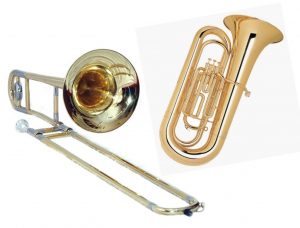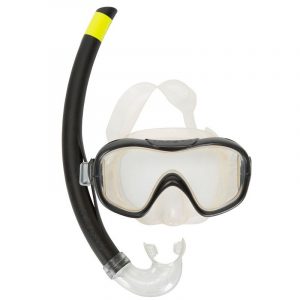
posted by Simon Kemp
It’s always interesting (well, I think so, anyway), to see how languages decide to divide up the world.
French, for instance, decided that there were two kinds of long wet things flowing through the landscape. They were either un fleuve (if they end up flowing into the sea) or une rivière (if they end up flowing into a bigger river). English never really saw the difference, and used river for both.
On the other hand, English decided that it would use the word flower for a pretty thing with petals, except if there happened to be lots of them together on a tree, in which case it would need the special word blossom. For French speakers, however, une fleur is une fleur, whether it’s alone in a flower-bed or one of hundreds on a cherry tree.

It’s interesting, too, to see how French and English go about using the same word for two quite different things. They rarely do it in the same way. In English, a key is a thing you use to open a door, and also a thing you press on a computer. In French, you open a door with une clé (or une clef), but computers (and pianos) have une touche. It’s always nice to come across the rare occasions where the two languages are in tune, like with un bélier which is French for a ram, in the sense of male sheep and also in the sense of battering ram.
Best of all, though, is when you discover that French uses the same word for two different things, and, as an English speaker, it had never even occurred to you that those two things had anything in common.
I have two examples for you, which are, oddly enough, both brass instruments. Le tuba and le trombone are indeed the French words for a tuba and a trombone, but do you know what else they are?

Un tuba is also the normal French word for…

a snorkel.
While un trombone also means…

a paper-clip.
Now that you see them, it makes perfect sense, and it only seems a shame that English speakers never thought to call snorkels tubas and paper-clips trombones.
Can you think of any other examples?

I would like to offer two words with a curious resonance. The English is ‘dappled’ as in sunlight through leaves, and the
French for this effect is pommele (spelled with an acute accent). Why should ‘apple’ appear in both?
I hope you enjoy it and if you have an answer I would be pleased to know it
The French really love to apply words for existing objects to newer objects. For example, in jewelry making, long, rectangular stones are called “baguettes,” ones that are pointed at each end are “navettes” which is also the word for a small boat, a weaving shuttle *and* a kind of pointy turnip, and small diamond-cut stones are called “chaton” which means kitten. I think this practice is ubiquitous in French.